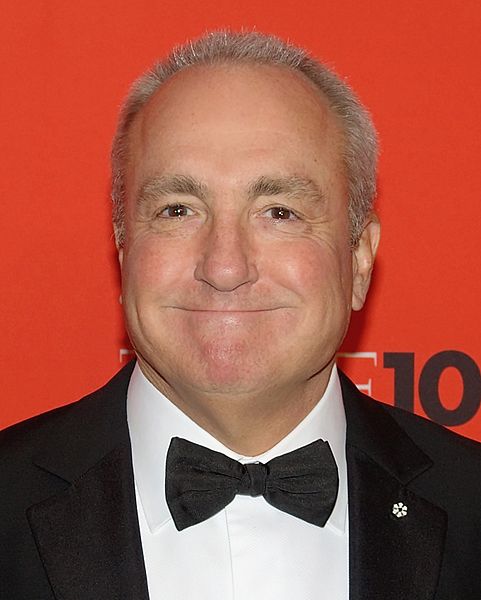
There was a bit of a stir this weekend when The Hollywood Reporter posted a letter from Rashad Robinson, executive director of Oakland-based ColorOfChange.org, to Lorne Michaels, the eternal uber-honcho of Saturday Night Live. The letter expressed dismay at African-American SNL cast member Kenan Thompson's recent comments to TV Guide about the show's perpetual lack of black comediennes.
"It's just a tough part of the business," Thompson said. "Like in auditions, they just never find ones that are ready."
That comment made headlines and did not go over well, naturally, with black comediennes.
Robinson's letter to Michaels also criticized the show for its depiction of black women. Excerpt:
In the 39-year history of SNL, just three Black women have joined the show's repertory cast. The first, Danitra Vance, was hired after the show had already been on air for a decade, and quit after a short period because she was only given tired roles written expressly to demean and dismiss Black women, including baby mamas, maids and women with a bad attitude. That was 1986 — when I was in elementary school — and it seems little has changed over the course of my lifetime.
Since Maya Rudolph's departure in 2007, SNL has failed to cast even one Black woman — yet still manages to traffic in dehumanizing portrayals that make race and gender the butt of the joke. Whether it's Kenan Thompson in drag as the crass, sexually aggressive "Virginiaca," or white cast member Cecily Strong voicing "Verquonica" — a "large, non-functional" (i.e. overweight and lazy), unmistakably "Black" Starbucks coffee machine — SNL seems committed to aggressively continuing to push images of Black women as incompetent, rude, hypersexual and financially dependent. Frankly, we're tired of this disrespect.
After that letter was made public, Lorne Michaels talked to the Associated Press about the issue. "It's not like it's not a priority for us," he said about the paucity of black women. "It will happen. I'm sure it will happen."